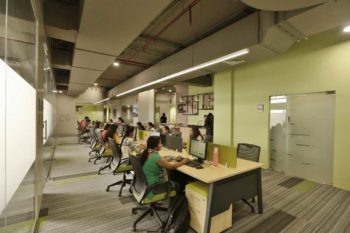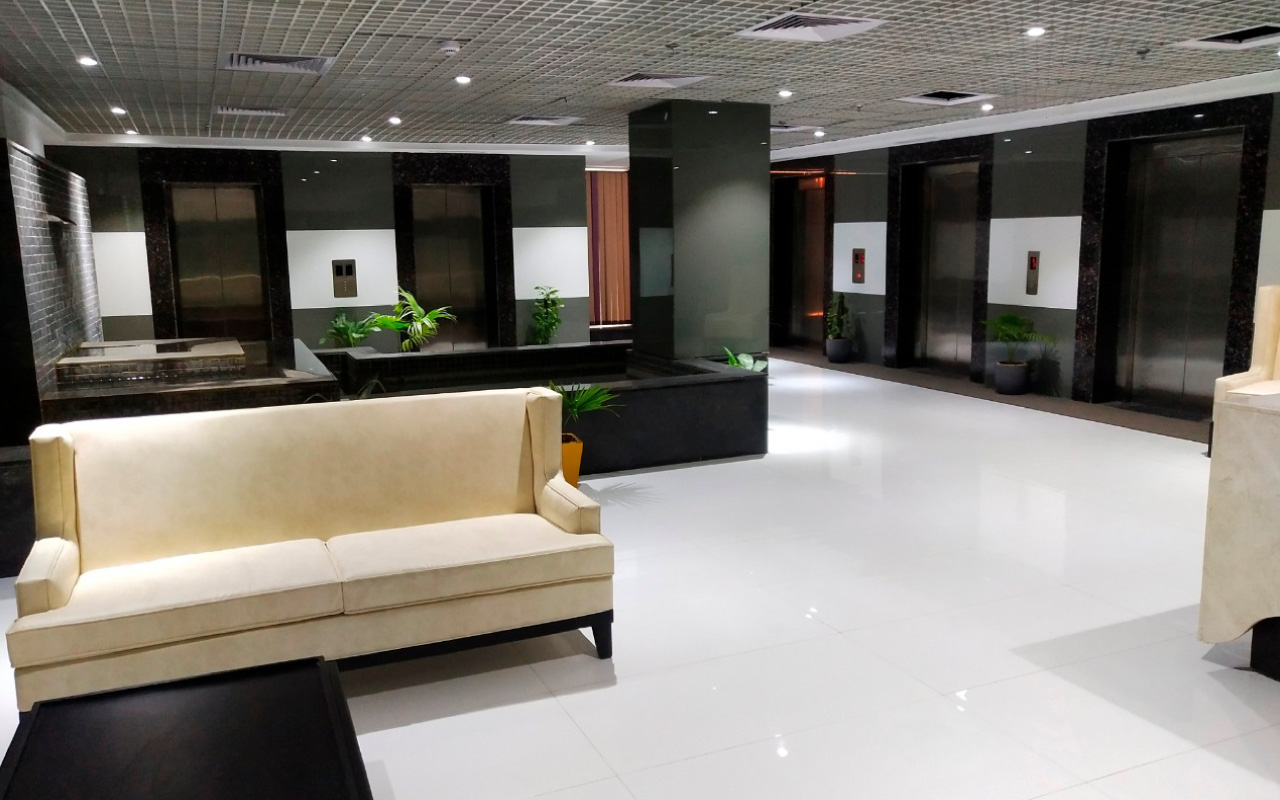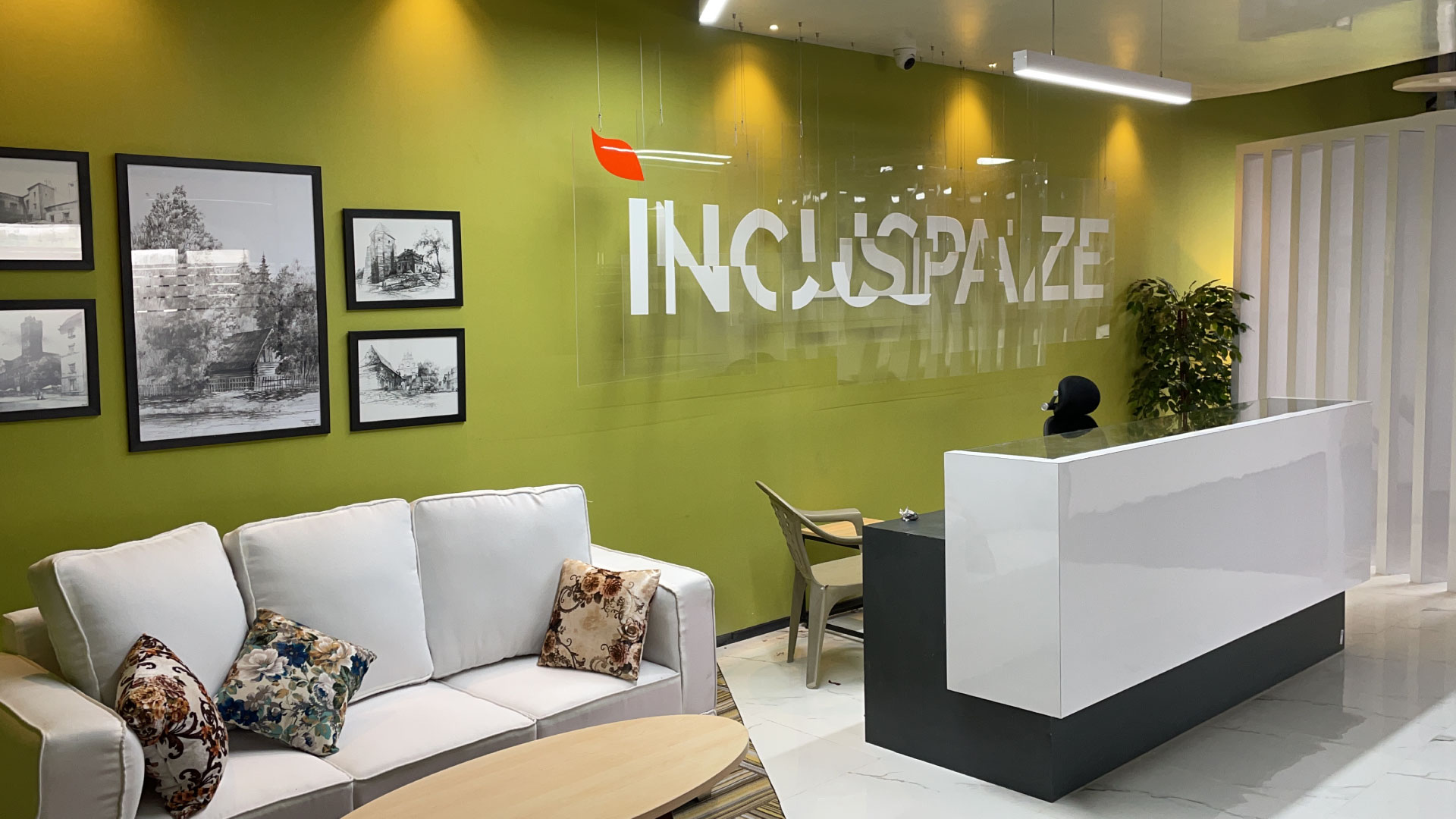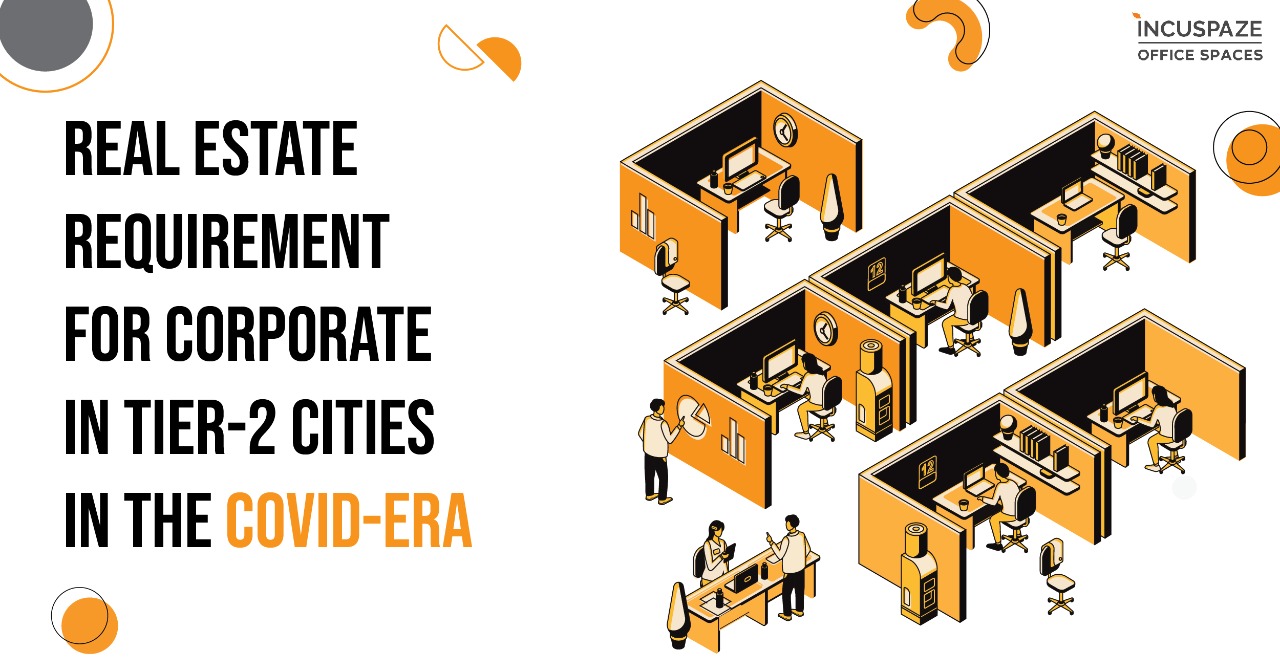As the second wave of the pandemic is severely affecting human lives everywhere, it is also drawing away opportunities in the business sector too. Almost every other business in India, whether it is retailing or manufacturing, is bearing the brunt of the lockdown imposed by local governments. Out of which the commercial real estate sector is the worst – with direct implications.
As the work-from-home policy is making its way back and hybrid work models are benched, the rate of acquisition and renewal of office spaces is slowing down. Flexible workspaces stand at the front of this downward slide, especially in the metro cities where the workforce is going back to their homes.
But this is also bringing a ray of hope for the managed office space providers in the tier-2 cities. With corporate willing to open up satellite offices, professionals looking for a robust remote working option and a new breed of entrepreneurs opening new ventures in these cities, there’s a big scope for flexible workspaces.
In the lockdown of the 2020s, the Covid related restrictions in tier-2 cities were less as compared to the metro cities, owning to the fact that there were fewer cases in these locations. This gave a window of opportunity to managed office space providers to help small and medium business recoup their operations smoothly. And thus, gain from the losses that they were facing in the metro cities.
The changes brought upon in the CRE due to Covid

During the lockdown, many corporate shifted their workplace to their tier-2 cities and continued with the operations with limited re-opening. Making workplace activities managed not by a single location, but by an ecosystem that supports experiences, convenience, functionality and wellbeing.
As per a report by JLL, the net leasing rate of office spaces went down by 50% in the quarter of July to September 2020, across tier-1 cities. This affected the flexible workspace players to defer their expansion plans following the pandemic. With overall consumption of the office space sector in metro cities like Delhi-NCR, Mumbai, Kolkata, Chennai, Pune, Hyderabad and Bengaluru was 10.9 million sq. ft. in 2020.
Now with the present situation in hand and seeing the past changes, it is expected that the managed office space sector will show a growth momentum and restore eventually, all thanks to the tier-2 cities.
On the positive side with Tier-2 cities
Though there is still a decline in the leasing of office spaces due to the pandemic, it is half of what it was in the same period last year. As the Q4 closed on a positive note due to immunization drive by the government, it helped small and medium businesses to pick up the pace and restart their operations. With managed office spaces to their support, these businesses are successfully getting back on their tracks.

As per the experts, the demand for flexible workspaces which had resurged in the last few months is rising up again with the market recoup, with anticipated leasing of 38 million sq. ft. From the investment point of view, investors are also taking advantage of this transition by putting their money on Grade-A assets with strong growth potential provided by managed office space providers in tier-2 cities.
Seeing the positive investment activities, the corporate is naturally drawn to look for expansion availability in these locations – thus, bringing more growth to the local businesses. The average deal size for office investments has also been remarkably higher in 2021 so far. Also, by having big brands and MNCs as tenants in the same office building, SMEs and startups in tier-2 cities gain wider recognition.
The future ahead
Though the current sudden spike in cases across the nation is sure to hit the recovery cycle of businesses, but seeing the effects of the last year, the office space occupiers are expected to remain cautious and act and follow safety protocols in offices, thus making the retention rates positive. As work from home is going to be the new norm for the workforce globally, the real estate requirement for offices will stay robust in the coming times, especially in Asia, Middle East and Africa, where the corporate face challenges in employee management, data security and productivity monitoring.
Looking for office space in tier-2 cities? Get in touch with our experts today!



 +91-9930662621
+91-9930662621





